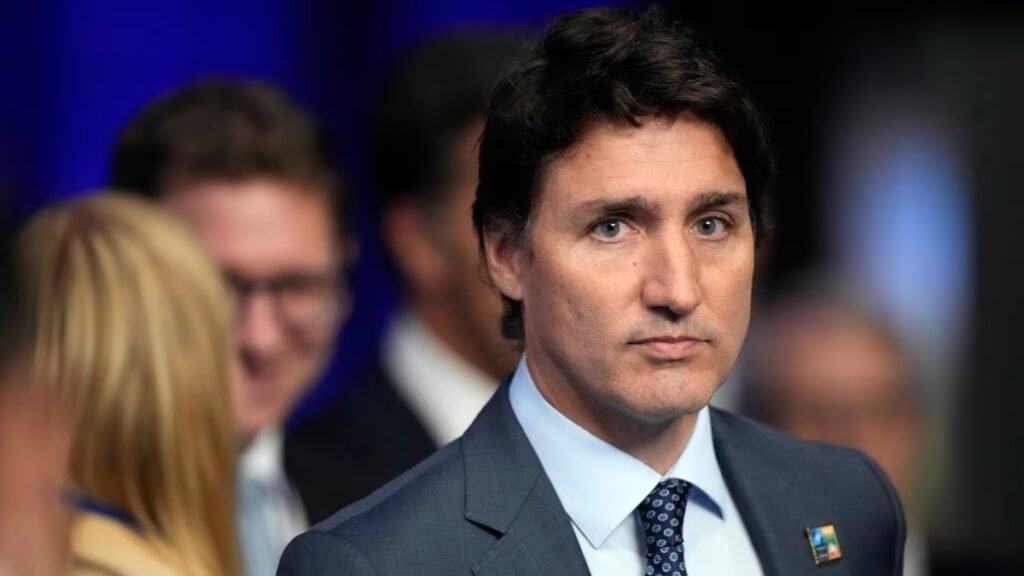In a recent turn of events, Canada’s Prime Minister Justin Trudeau has accused India of involvement in the death of Hardeep Nijjar, a known Khalistani operative. However, Trudeau hasn’t provided any concrete evidence to support these allegations.
According to the Canadian Broadcasting Corporation (CBC), a respected Canadian news platform, they claim that Canada has gathered human and signal intelligence related to the case. This intelligence reportedly includes conversations with Indian diplomats in Canada. Surprisingly, some Indian officials have not outright denied the existence of this intelligence in private conversations.
Trudeau made these allegations during a news conference in New York, where he failed to present any substantial evidence but insisted that there were “credible reasons” to believe India was connected to Nijjar’s death. He stressed the importance of upholding the rule of law and urged the Indian government to cooperate and ensure transparency and justice in the matter.
CBC News reports that Canada’s intelligence in this case is not solely from their own sources. Some information has also been provided by an unnamed ally within the Five Eyes intelligence alliance, which includes the United States, the United Kingdom, Australia, New Zealand, and Canada.
In pursuit of the investigation into Nijjar’s death, several Canadian officials have traveled to India to seek cooperation. Canada’s National Security and Intelligence Adviser, Jody Thomas, had two visits to India, with one overlapping a meeting between Trudeau and Indian Prime Minister Narendra Modi.
However, the Ministry of External Affairs in India has stated that Canada has not shared any specific information about Nijjar’s killing with them. They expressed willingness to examine any evidence but pointed out that Canada had not acted on specific information about criminal activities by individuals based in Canada that was previously shared by India. This led the Indian spokesperson to suggest that Canada’s allegations might have political motivations.
The case revolves around the death of Hardeep Nijjar, who was designated as a terrorist in India. He was shot dead outside a Sikh temple in Surrey, British Columbia, on June 18.


